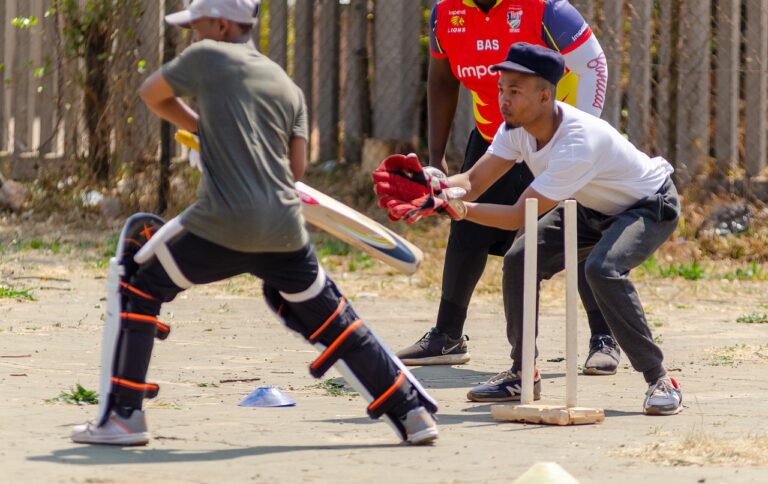IPL and Corporate Social Responsibility: Initiatives for Community Development
Apbook, Apbook: Communities around the world are confronted with a multitude of challenges that hinder their progress and development. One of the key issues faced by communities is the lack of access to quality education. Many marginalized communities struggle to provide adequate educational opportunities to their residents, perpetuating a cycle of poverty and underdevelopment.
Another pressing challenge faced by communities is the lack of basic healthcare services. In many regions, access to healthcare facilities and medical professionals is limited, resulting in preventable illnesses going untreated and escalating into more serious health crises. This lack of healthcare infrastructure disproportionately affects vulnerable populations, further widening existing healthcare disparities within communities.
– Limited access to quality education perpetuates cycle of poverty
– Marginalized communities struggle to provide adequate educational opportunities
– Lack of basic healthcare services hinders community development
– Limited access to healthcare facilities and medical professionals in many regions
– Preventable illnesses go untreated, escalating into more serious health crises
Positive Impact of IPL Initiatives
The Indian Premier League (IPL) has had a significant positive impact on cricket as a sport in India. It has provided a platform for young and talented players to showcase their skills on an international stage, helping in their development and growth. Additionally, the league has played a role in promoting cricket at the grassroots level by attracting new fans and inspiring the next generation of cricketers.
Furthermore, the IPL has contributed to the economic growth of the country by generating employment opportunities for players, coaches, support staff, and various other personnel involved in the league. The tournament has also boosted tourism in the cities hosting the matches, providing a significant economic stimulus to local businesses and communities. Overall, the IPL has not only revolutionized the landscape of cricket in India but has also made substantial contributions to the socio-economic development of the country.
Corporate Social Responsibility in the Sports Industry
The sports industry has increasingly recognized the importance of corporate social responsibility in recent years. Many sports organizations and teams have been actively involved in supporting various social causes and initiatives. From promoting education and healthcare to environmental conservation and community development, sports entities have been leveraging their influence to make a positive impact on society.
By engaging in corporate social responsibility activities, sports organizations not only contribute to the betterment of communities but also strengthen their brand image and reputation. Fans and stakeholders are more likely to support teams and events that are aligned with social and environmental causes. Additionally, corporate social responsibility initiatives in the sports industry can help inspire and empower individuals to create meaningful change in their own communities.
What are some key challenges faced by communities in the sports industry?
Some key challenges faced by communities in the sports industry include lack of access to sports facilities, limited opportunities for youth development, and inequality in sports participation.
How has IPL initiatives made a positive impact in the community?
IPL initiatives have made a positive impact in the community by promoting sports among youth, providing opportunities for talent development, and supporting various social causes through their corporate social responsibility programs.
How important is corporate social responsibility in the sports industry?
Corporate social responsibility is crucial in the sports industry as it helps organizations give back to the community, address social issues, and promote positive change through their influence and resources.







